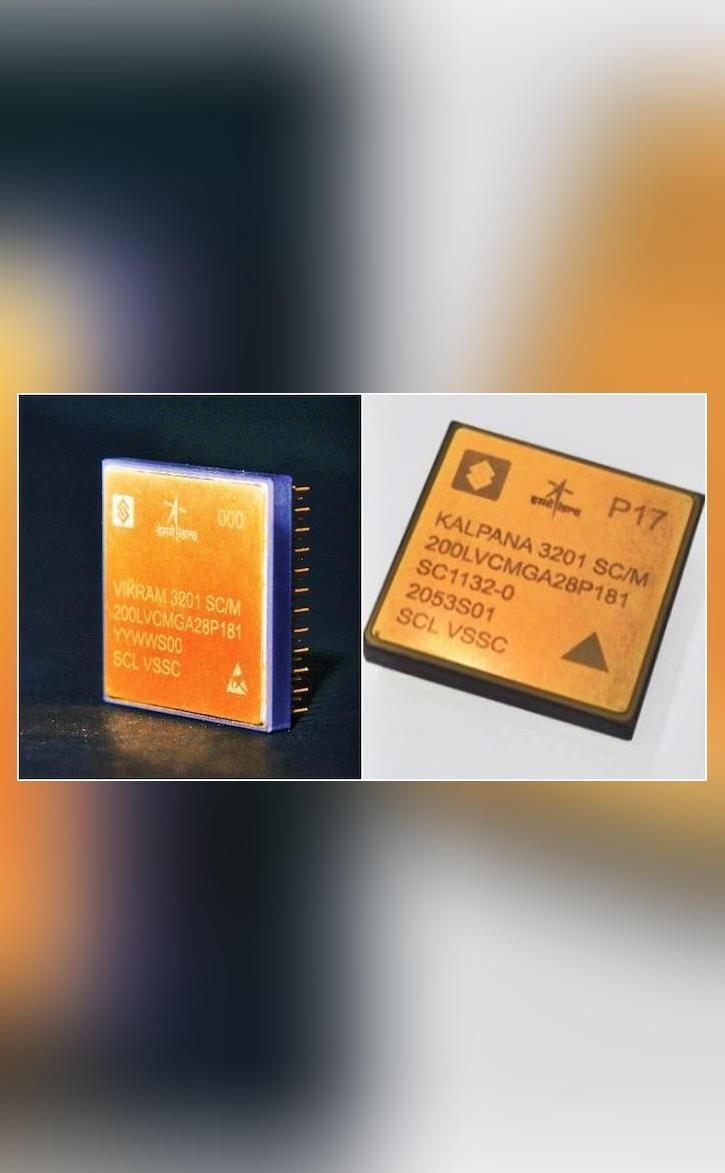
ISRO & SCL Develop 32-bit Microprocessors for Space Applications
The Indian Space Research Organisation (ISRO) and the Semiconductor Laboratory (SCL) in Chandigarh have made a significant breakthrough in the field of space technology by jointly developing two 32-bit microprocessors, VIKRAM3201 and KALPANA3201. These microprocessors have been designed specifically for space applications, and their development is a testament to the capabilities of Indian scientists and engineers in the field of electronics.
The VIKRAM3201 is a notable achievement, as it is the first fully “Make-in-India” 32-bit microprocessor that has been qualified for use in the harsh environmental conditions of launch vehicles. This is a significant milestone for ISRO and SCL, as it demonstrates the ability of Indian industry to design and develop high-performance microprocessors that can meet the demanding requirements of space applications.
The development of these microprocessors is a result of a collaborative effort between ISRO and SCL, which began several years ago. The two organizations have been working together to design and develop microprocessors that can meet the unique requirements of space applications, including the ability to withstand extreme temperatures, radiation, and vibrations.
The VIKRAM3201 and KALPANA3201 microprocessors are designed to operate in a wide range of temperatures, from -55°C to 125°C, making them suitable for use in space applications. They also have a high level of radiation hardness, which is essential for space applications where radiation can cause damage to electronic components.
The microprocessors are also designed to be highly reliable, with a high mean time between failures (MTBF) and a low failure rate. This is critical for space applications, where a single failure can have catastrophic consequences.
One of the key features of these microprocessors is their ability to operate in real-time, making them ideal for use in applications that require precise timing and synchronization. They also have a high level of processing power, making them suitable for use in applications that require complex computations.
The development of these microprocessors is expected to have a significant impact on the Indian space industry, as they will enable the development of more sophisticated space systems and applications. This will help to further India’s space program and enable the country to take a leadership role in the development of space technology.
The VIKRAM3201 and KALPANA3201 microprocessors are also expected to have applications in other fields, including defense and industrial automation. They can be used in a wide range of applications, including robotics, embedded systems, and industrial control systems.
In conclusion, the development of the VIKRAM3201 and KALPANA3201 microprocessors by ISRO and SCL is a significant achievement that demonstrates the capabilities of Indian scientists and engineers in the field of electronics. These microprocessors are designed to meet the unique requirements of space applications and are expected to have a significant impact on the Indian space industry. They are also expected to have applications in other fields, including defense and industrial automation.
Source:






